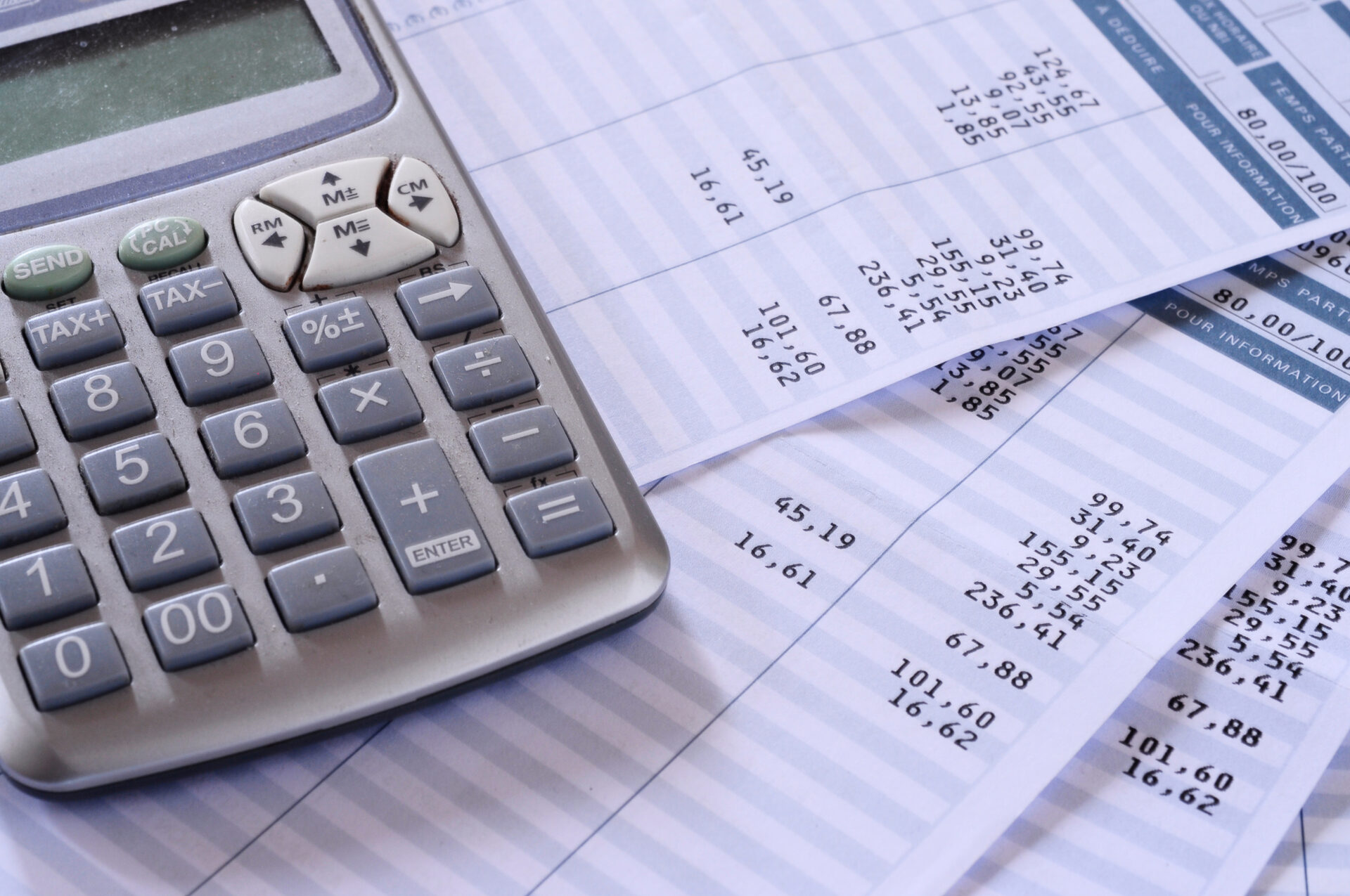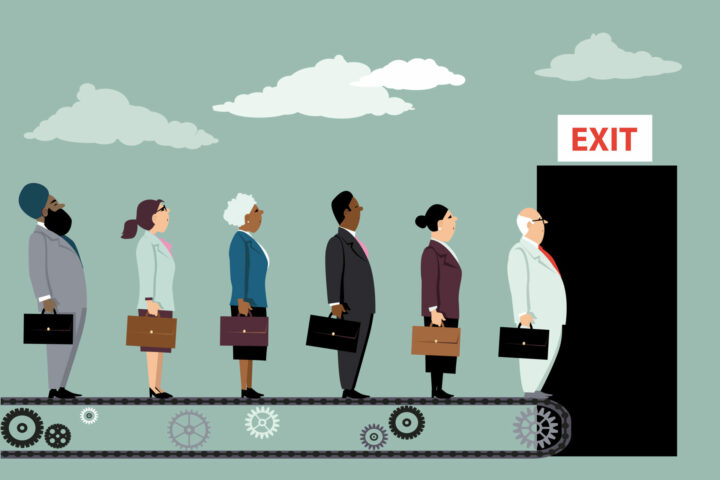Taxpayers could face significantly higher income tax bills if the Government extends the current freeze on income tax thresholds by two years, according to analysis by interactive investor.
The financial services firm warned that fiscal drag could result in the average earner paying £416 more in tax by 2030, with the burden rising to £1,248 for those earning £50,000 and £3,612 for individuals earning £100,000.
The projections were based on the assumption of a 5.8% increase in wages for the 2025/26 tax year, in line with the latest Office for National Statistics (ONS) data.
The analysis also assumed that wage growth continues at the Office for Budget Responsibility’s (OBR) forecasted annual inflation rate until 2030.
The current freeze on tax thresholds is set to end in April 2028, but with speculation that Chancellor Rachel Reeves may extend the measure during the upcoming Spring Statement, taxpayers could face thousands of pounds in additional tax over the following two years.
The freeze locks the personal allowance at £12,570, meaning more people will gradually be pushed into higher tax bands as their wages rise with inflation.
Myron Jobson, senior personal finance analyst at interactive investor, described fiscal drag as a “stealthy tax grab” that quietly pushes more people into higher tax bands without them feeling wealthier.]
He said: “Fiscal drag is the stealthy tax grab that few see coming. As wages rise with inflation but tax thresholds remain frozen, more people find themselves paying higher tax rates – even if their spending power hasn’t actually improved.
“It’s like being quietly nudged into a higher tax band without ever feeling richer.”
Jobson warned that with the current freeze on the personal allowance and higher-rate threshold until 2028 — and the possibility of an extension — millions of people will face increased tax bills.
He added: “With the personal allowance and higher-rate threshold frozen until 2028 – and possibly beyond – millions will be caught in the net, making it a lucrative, if sneaky, way for the Government to boost its coffers without making headline tax hikes.”
Jobson advised that increasing pension contributions would be an effective way to reduce taxable income and avoid fiscal drag.
He said: “Increasing your pension contributions isn’t just good for your retirement – it also lowers your taxable income, helping you stay out of higher tax bands.
“Higher and additional rate taxpayers can also claim extra tax relief.”
He also recommended using salary sacrifice schemes, which reduce gross income by redirecting part of the salary into a pension fund, lowering both income tax and National Insurance (NI) contributions.
Jobson said: “Topping up your pension through salary sacrifice is a double win – it reduces your taxable income, helping you avoid fiscal drag, while also cutting your National Insurance (NI) bill.”
Additionally, parents facing the High Income Child Benefit Charge (HICBC) – which applies to those earning over £60,000 – could benefit by lowering their taxable income through pension contributions, allowing them to retain access to Child Benefit.

















